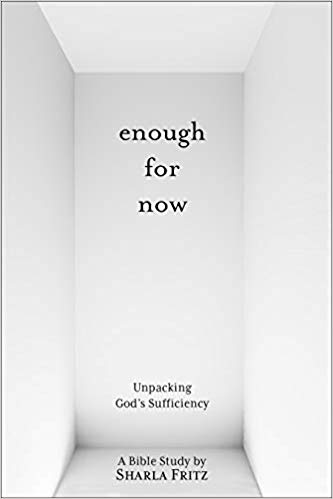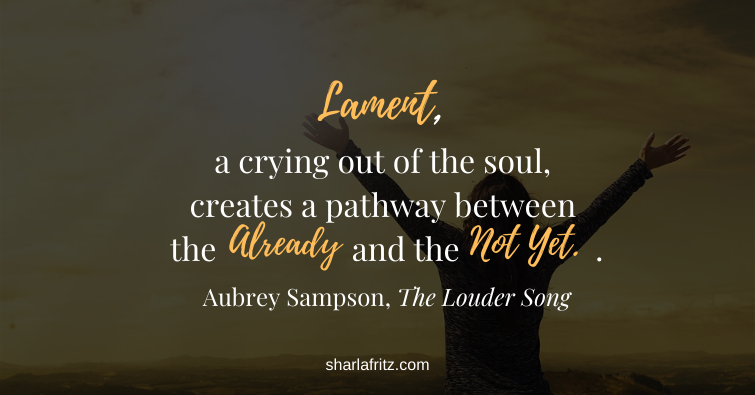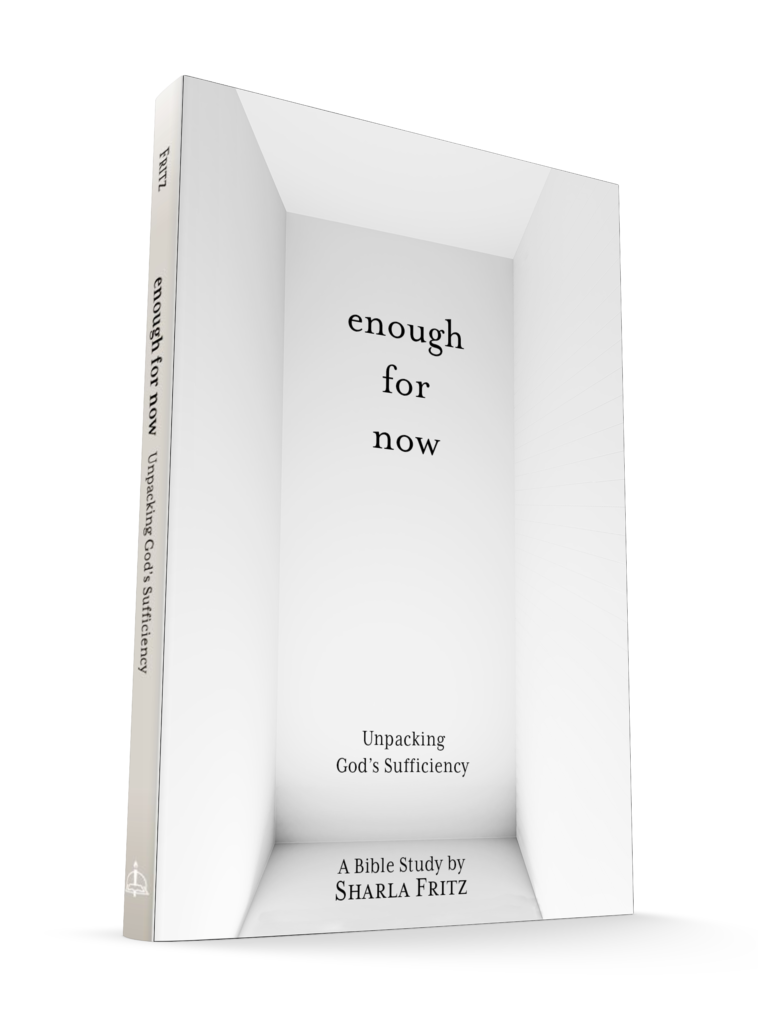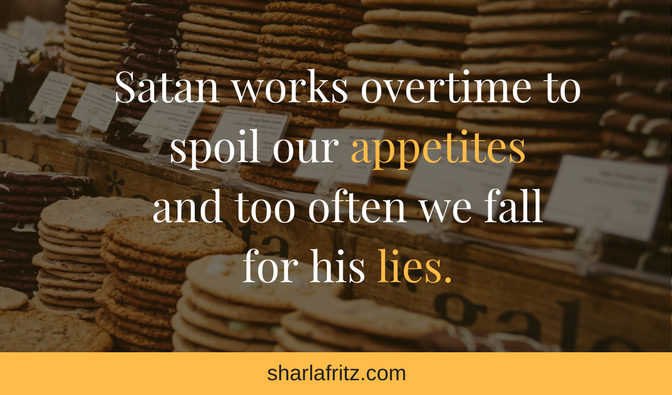
How do you deal with unmet desires? Those longings you’ve held for years? Those empty places in your heart that never seem filled?
It turns out those unmet desires can be a key to spiritual growth. It’s a lesson I learned on a shopping trip.
I love to browse at the outlet mall near my house and sometimes find wonderful items within my budget. However, on one such browsing session I wandered into the Armani store. Now I knew Armani was an expensive name, but I thought this is the outlet store, right? Looking through the racks I found a beautiful blouse. “This would be perfect,” I thought–until I looked at the price tag! $221.00!
Now I should add that although I love to browse at the outlet mall, I normally buy my clothing at resale shops where I can get an Ann Taylor sweater set for $4.99, a Liz Claiborne trench coat for $5.50, and a Jones New York jacket for $4.00. I couldn’t quite fathom $221.00 for one item of clothing.
In a resale shop I can usually buy anything I desire. But in the Armani store my desires would remain unmet.
Shortly after the trip to the Armani store, my daily quiet time led me to Deuteronomy 8:3 and as I read I felt God flip a switch in my brain.
“He humbled you, causing you to hunger and then feeding you with manna, which neither you nor your fathers had known, to teach you that man does not live on bread alone but on every word that comes from the mouth of the LORD.” Deuteronomy 8:3
I saw something in that verse I had not noticed before. Moses told the people of Israel that God humbled them, causing them to hunger. He did not immediately meet their needs. And when God did feed them, He gave them manna. This was a miraculous food to be sure and it kept them full, but it did not totally satisfy their appetites. They still longed for the taste of fish, cucumbers, melons, leeks, onions and garlic (Numbers 11:5).

God purposely caused them to hunger, let their mouths water, their stomachs to growl. Why?
To teach them that “man does not live on bread alone but on every word that comes from the mouth of the LORD.” God caused the hunger, gave them a desire that He didn’t immediately meet in order to show them that what they really wanted was not what they thought they wanted.
Let me say that again: What they really wanted was not what they thought they wanted. Their deepest need, their most intense desire and our deepest need, most intense desire is to hear God’s words to us. We need to recognize His voice and experience a real relationship with Him.
Looking back on my life, I see many times when I have had a deep longing, an intense desire, a pressing goal. I worked hard to get what I wanted and prayed with all my heart, yet what I longed for remained just beyond my reach. Now I see that it was during those times that God was withholding that desire, delaying the answer to the prayer long enough for me to see that what I really wanted was Him. To realize that Jesus is enough. The desires I had were to lead me to true satisfaction in the Lord–in His words of life to me.
What desires do you have? Does it seem that God is withholding a key ingredient to your happiness? Maybe He is trying to show you that what you really want is to hear His voice. Take time to do that today. Read His loving words to you. Be still and listen. He is the One who will give you what you really want.
And it isn’t something you can buy in the Armani outlet.

If you would like to learn more about finding enough, check out my new book Enough for Now: Unpacking God’s Sufficiency!
A study of the parable of the rich fool, it will help you discover:
- enough money
- enough stuff
- enough food
- enough relationships
- enough time
- enough of me
You can find out more about it here. And order it here and here!

























